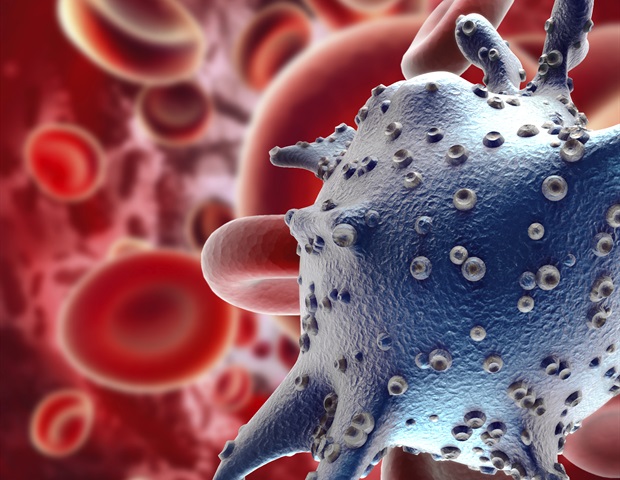
Neutrophils are essentially the most considerable white blood cells within the human physique, primarily acknowledged for his or her important roles in combating infections and regulating irritation. Nonetheless, their involvement in most cancers development has lengthy been a topic of intrigue and confusion. These immune cells exhibit a paradoxical conduct inside tumors, the place they will both promote or inhibit most cancers development. This twin performance means that neutrophils are extremely plastic, with their actions formed by dynamic environmental cues throughout the tumor microenvironment (TME). Understanding this complexity is essential for unraveling the total scope of their affect on most cancers improvement and development.
A staff of researchers from the Division of Liver Surgical procedure and Transplantation on the Liver Most cancers Institute and Zhongshan Hospital, Fudan College, have printed a evaluation (DOI: 10.20892/j.issn.2095-3941.2024.0192) in Most cancers Biology & Medication. The paper delves into the nuanced roles neutrophils play throughout the TME, providing an in depth exploration of their heterogeneity and plasticity. The research presents a complete synthesis of present analysis and identifies new therapeutic alternatives for focusing on neutrophils in most cancers therapy.
This evaluation challenges the standard view of neutrophils as mere short-lived effectors, focusing as an alternative on their variety and adaptableness throughout the TME. The research traces the journey of neutrophils from their origins within the bone marrow to their specialised roles inside tumors. Researchers emphasize how the native cytokine and chemokine panorama influences the recruitment and purposeful orientation of neutrophil subsets. Notably, the evaluation highlights how these subsets, with distinct gene signatures and temporal features, can affect tumor conduct and affected person outcomes. Subsets concerned in antigen presentation and angiogenesis have been recognized as key gamers, linked to particular tumor sorts and medical prognoses. This wealth of data gives a basis for growing focused immunotherapies that harness the distinctive dynamics of neutrophils.
Our findings problem the standard view of neutrophils as transient, effector cells. As an alternative, we reveal their outstanding heterogeneity and dynamic position within the TME. These insights are essential for designing simpler most cancers therapies that leverage the total potential of the immune system.”
Dr. Qiang Gao, corresponding writer of the research
The implications of this analysis are profound, providing new avenues for the event of prognostic fashions and focused most cancers therapies. By specializing in the plasticity of neutrophils and mixing therapies that modulate their conduct, the research paves the best way for extra personalised and efficient therapies. This new strategy has the potential to boost the immune system’s capability to struggle most cancers, opening doorways to extra superior and tailor-made therapeutic methods.
Supply:
Journal reference:
Zhang, M., et al. (2024). Advanced position of neutrophils within the tumor microenvironment: an avenue for novel immunotherapies. Most cancers Biology and Medication. doi.org/10.20892/j.issn.2095-3941.2024.0192.

